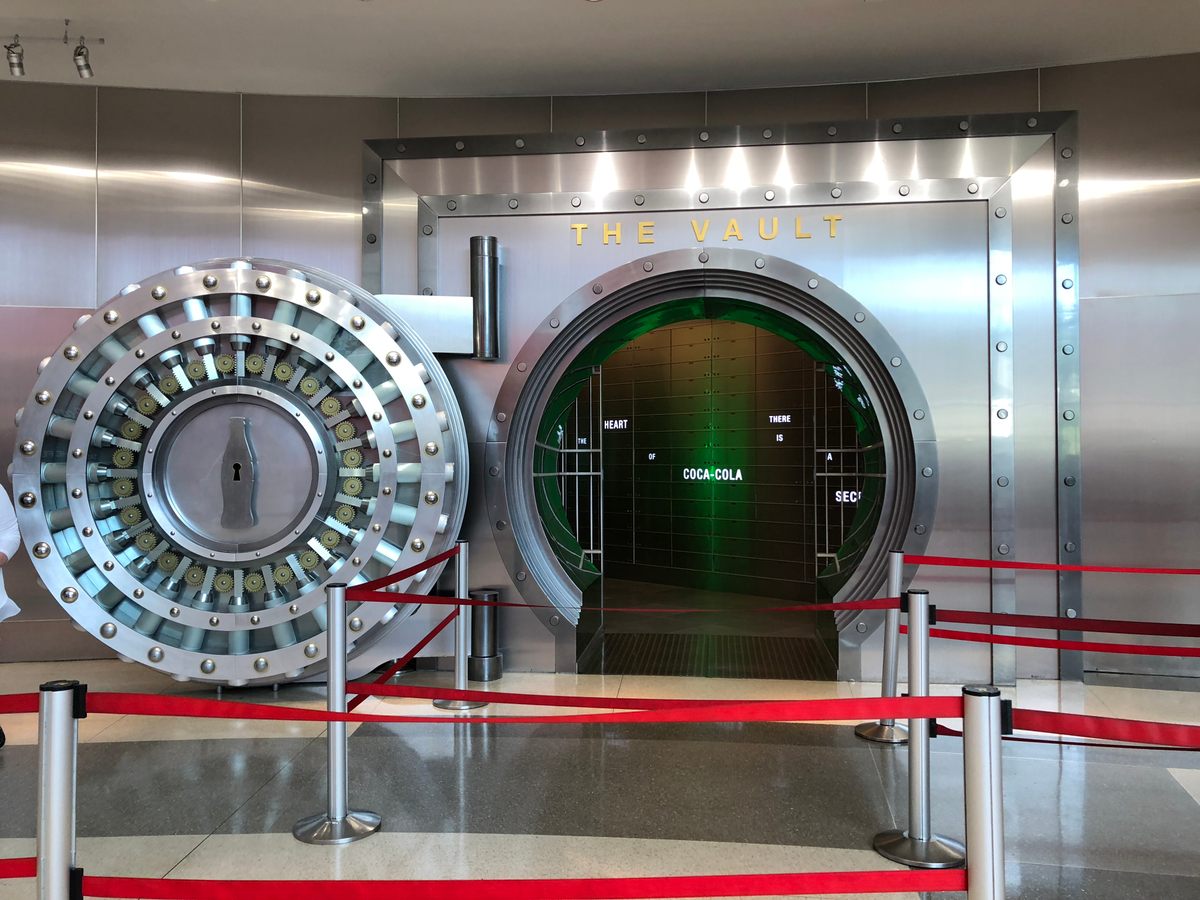What is a Trade Secret?
A trade secret can be any business information that derives its value from its secrecy. It can be a method, a technique, a process, research and analysis data, a formula, a recipe, a device, an instrument, etc. Some popular examples include the Coca Cola Formulation or KFC’s 11 herbs and spices.
To qualify for trade secret protection, information must generally meet the following criteria:
- Secrecy: The information must not be generally known or readily accessible to the public or competitors.
- Commercial Value: The information must provide a competitive advantage or economic benefit to its owner, i.e., it derives value from its secrecy.
- Reasonable Efforts: The owner must take reasonable measures to maintain the secrecy of the information.
Trade secrets can be very valuable when you have developed new technology, designed original products, created the perfect recipe, or compiled a wealth of data. Generally, trade secrets are used to:
- Protect an invention through means other than patent protection or industrial design;
- Protect valuable business information that is not formally protected through other IP rights;
- Protect business information indefinitely, as long as the trade secret remains confidential. (E.g., The Coca-Cola formula has been protected for over 100 years this way!)
 Famously, The Coca-Cola Company keeps its famous drink formulation a secret. The secret is so famous, in fact, that the “The Vault” ostensibly containing the secret is a central feature of the World of Coca-Cola museum in Atlanta, Georgia. Image credit: J Ginsberg from Atlas Obscura
Famously, The Coca-Cola Company keeps its famous drink formulation a secret. The secret is so famous, in fact, that the “The Vault” ostensibly containing the secret is a central feature of the World of Coca-Cola museum in Atlanta, Georgia. Image credit: J Ginsberg from Atlas Obscura
Limitations of Trade Secrets
Trade secret protection applies to business information only if sufficient care is taken to maintain its secrecy. Likewise, protection will be lost if sufficient care to maintain secrecy cannot be demonstrated. You should consider different ways to keep your valuable business information secret, including:
- Non-disclosure or confidentiality agreements
- Confidentiality clauses in employment agreements
- Encryption of information
- Password protection
- Lock and key
- Principle of least privilege (only those that must know will know the secret).
Additionally, trade secret protection is lost if a secret is disclosed publicly whether intentionally, accidentally, or illicitly. Although some recourse may be available in the case of illicit disclosure, protection is lost because a trade secret cannot reasonably be expected to remain confidential once it has been disclosed publicly.
Trade Secrets may not be the best IP protection choice if your competitors can easily reconstruct your creation. This could be done because your IP is too obvious, or it could be reverse engineered. Trade secret protection does not apply if someone else discovers your IP independently.
An invention protected as a trade secret may be conceived independently and then patented or otherwise used by someone else without infringing on the trade secret. Since trade secrets are not public, they do not count as a “prior art” and cannot be used to prevent an invention from being patented.
As a result, you may want to consider other forms of IP protection, or a combination of IP protections, if independent discovery is likely or your IP is hard to keep secret.
Summary
- A trade secret is any business information that derives its value from its secrecy.
- Trade secrets can protect valuable business information that is not formally protected through other IP rights.
- Trade secret protection applies to business information if sufficient care is taken to maintain its secrecy.
- Trade secret protection is lost if a secret is intentionally (or accidentally) disclosed publicly.
- If your IP is easy to discover independently or hard to keep confidential, you may want to consider using other types of IP protection.
Register for Fundamentals of IP at McMaster Complete Course

Learn from enhanced and interactive lessons, get access to more content, and receive a certificate of completion.
These modules are created and facilitated by the McMaster Industry Liaison Office (MILO)
Disclaimer: The content of these modules provides general information regarding basic principles of intellectual property law and of commercialization. The content should not be taken as legal or professional advice. For specific advice, seek independent legal counsel.
McMaster University recognizes and acknowledges that it is located on the traditional territories of the Mississauga and Haudenosaunee nations, and within the lands protected by the “Dish with One Spoon” wampum agreement.
© McMaster Industry Liaison Office (MILO), all rights reserved, 2023. For more information, please visit: milo.mcmaster.ca
